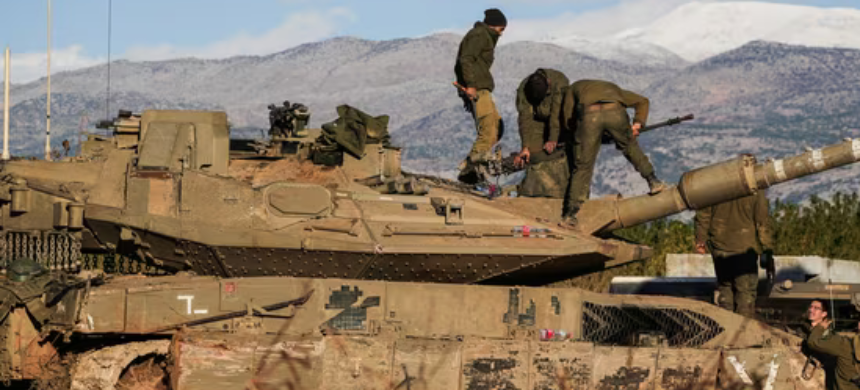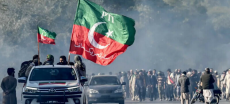Ceasefire Between Israel and Hezbollah Comes Into Effect
A ceasefire between Israel and the Iran-backed group Hezbollah took effect at 0200 GMT on Wednesday, following an agreement brokered by the United States and France. The truce aims to end months of cross-border conflict that escalated after the Gaza war last year, resulting in thousands of casualties.
Key Developments:
- U.S. President Joe Biden announced the ceasefire after Israel’s security cabinet approved it in a 10-1 vote. Speaking from the White House, Biden emphasized that the agreement is designed to be a “permanent cessation of hostilities.”
- Israel will begin a 60-day withdrawal of its forces, with Lebanon’s army deploying at least 5,000 troops in southern Lebanon to prevent Hezbollah from rebuilding its infrastructure.
On the Ground:
- Streams of displaced people from southern Lebanon began returning after the ceasefire, despite heavy damages reported in villages near the border. Alia Ibrahim, a displaced resident, expressed cautious optimism: “God willing, we can go back to our homes and our land.”
- The Mecca Municipality activated emergency plans to address waterlogging and deployed over 600 field workers to minimize disruptions.
Read More: Hezbollah Drone Attack Kills Two Israeli Soldiers
Reactions:
- Hezbollah has not officially commented but senior member Hassan Fadlallah claimed the group would emerge stronger and attract more supporters. He reiterated that “disarming the resistance” had been rejected during negotiations.
- Israeli Prime Minister Benjamin Netanyahu warned of a forceful response to any violations, asserting that Hezbollah’s capabilities had been severely degraded.
International Oversight:
- The United States and France, alongside the UNIFIL peacekeeping force, will oversee compliance with the truce. U.S. combat forces will not be involved, according to senior officials.
Challenges Ahead:
- While the ceasefire has garnered cautious support, critics in Israel, including Security Minister Itamar Ben-Gvir, argue it lacks sufficient security guarantees. A Channel 12 poll showed mixed public opinion, with 37% of Israelis in favor of the ceasefire and 32% opposed.
The truce represents a significant step toward de-escalation in the region, though its long-term success will depend on rigorous implementation and monitoring.











